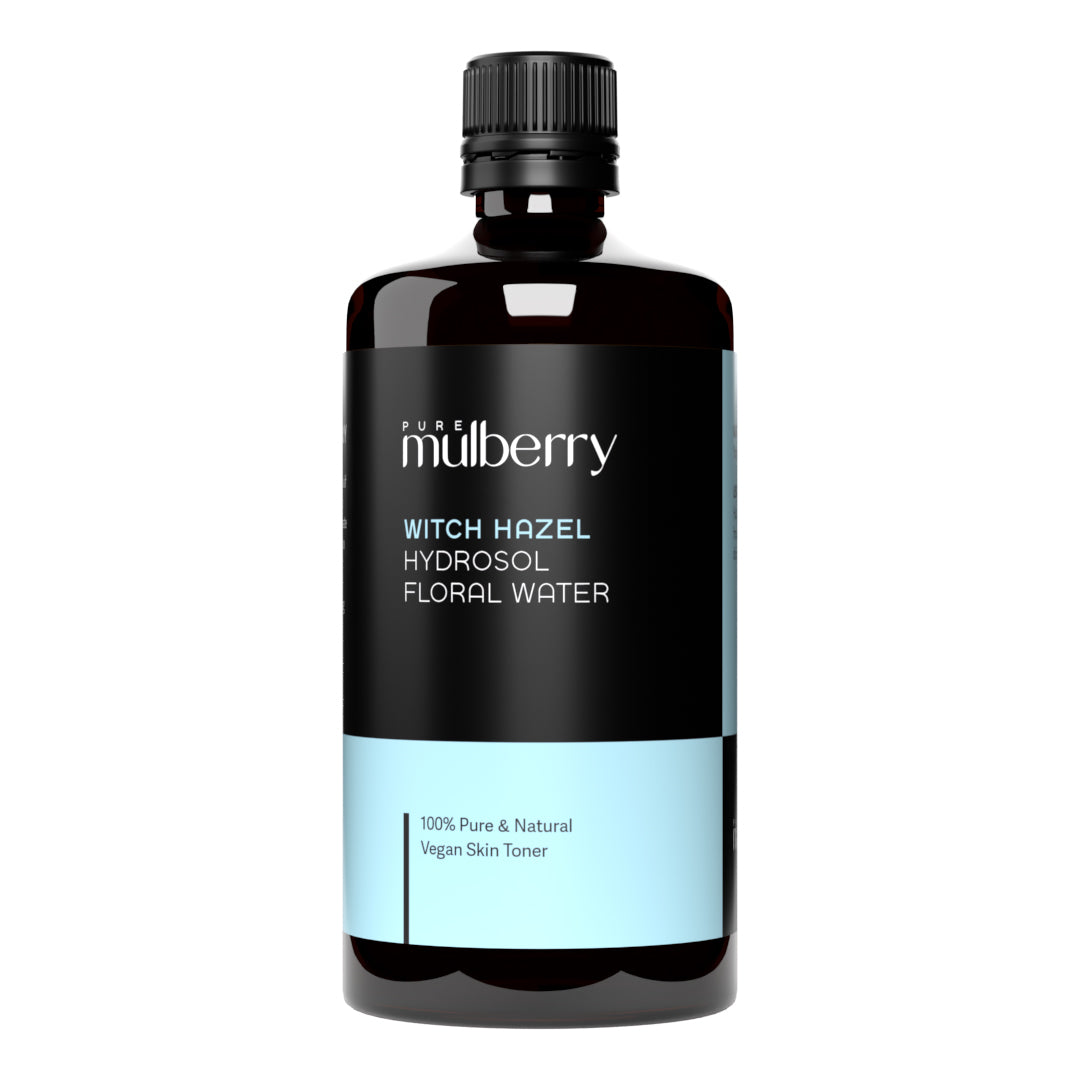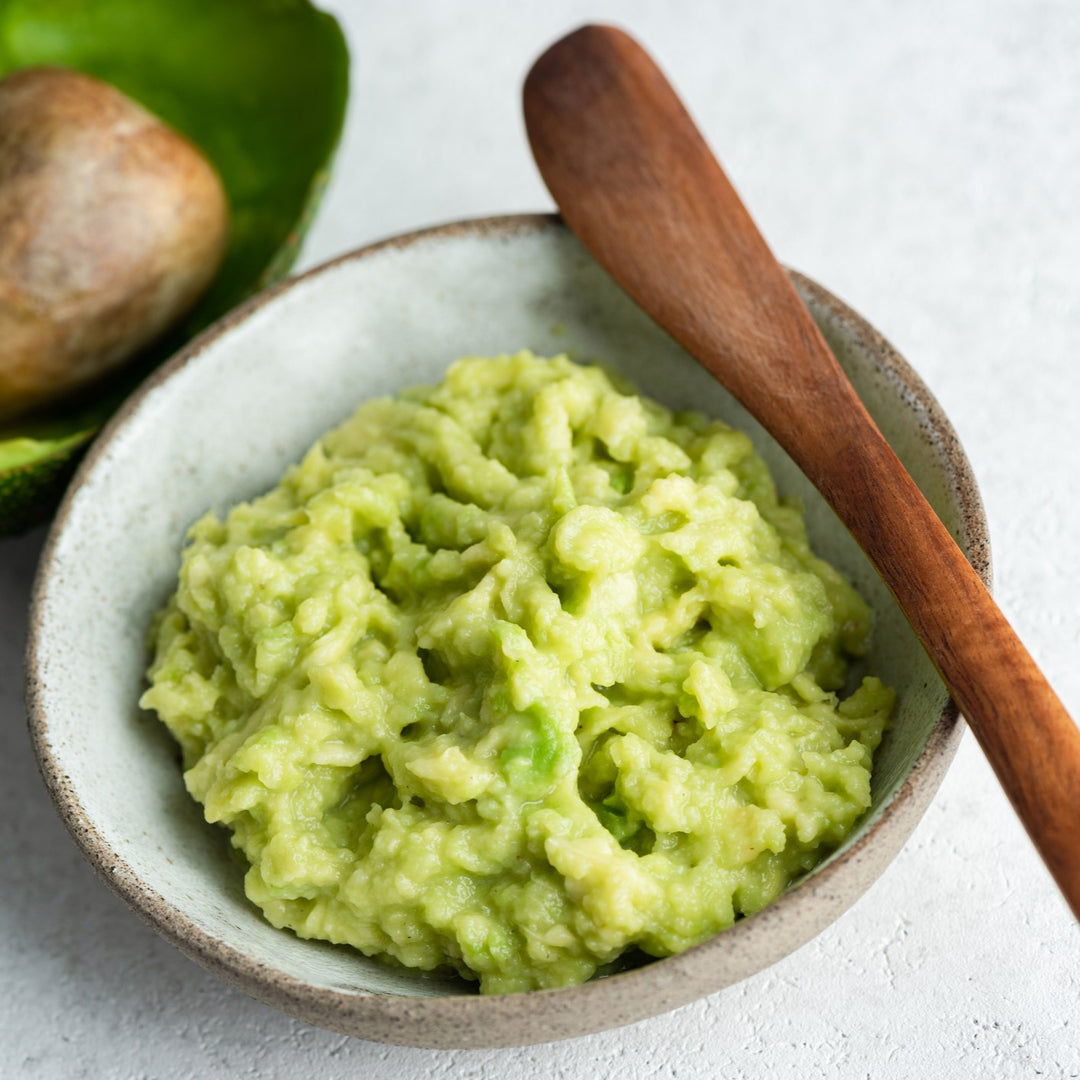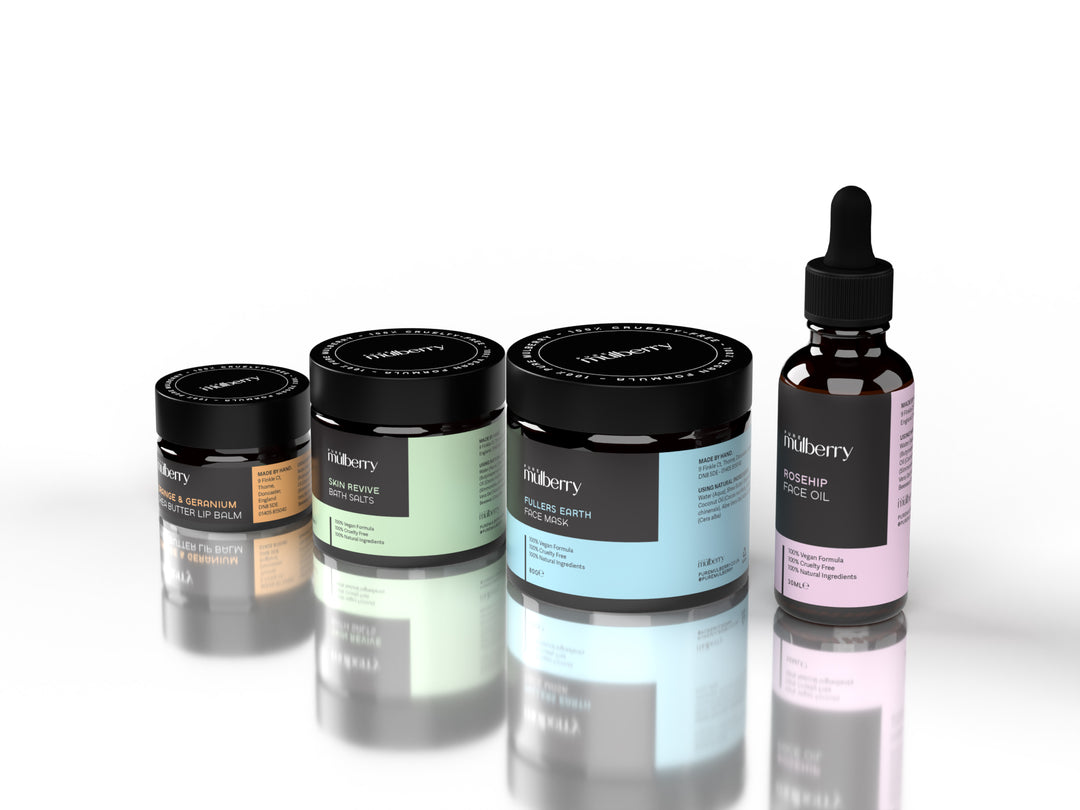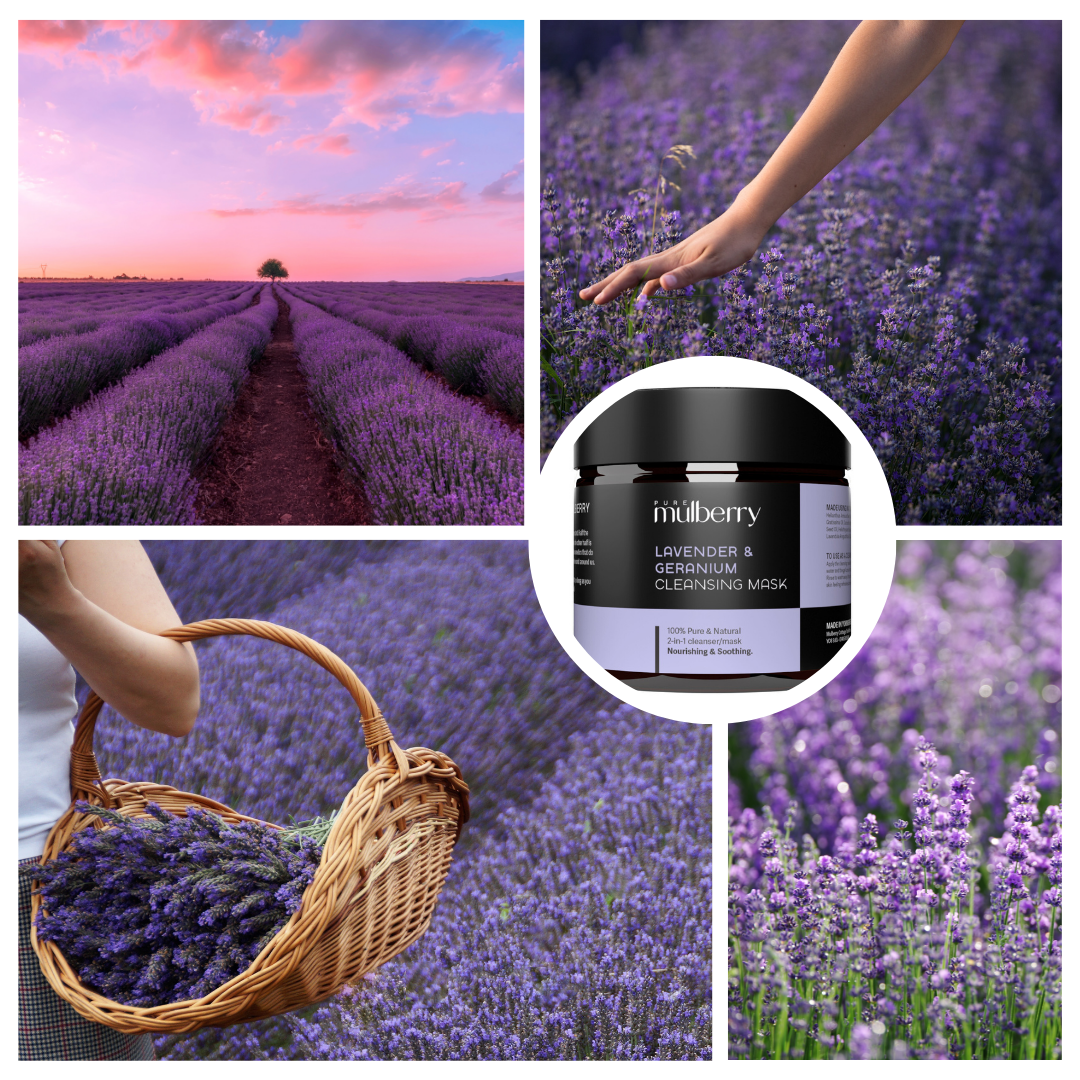Gallery
Natural vs. Synthetic Skincare: What You Need to Know
What is Natural Skincare?
The term "natural" is often used in skincare, but it’s not regulated, making it a bit confusing. For our products, "natural" means non-synthetic. It doesn't mean non-chemical because even water is a chemical. Natural ingredients can undergo processing, like soap, which is made through a chemical reaction of natural ingredients.
Our Approach to Natural Skincare
Our range is vegan and plant-based, but not all natural things are safe—like poison ivy. We carefully select ingredients from natural sources with known benefits, ensuring they’re safe for your skin. All our products are tested and approved by an independent cosmetic chemist, ensuring compliance with UK regulations. This guarantees that our products are safe and meet legal standards.
Why Compliance Matters
Every cosmetic seller must have a responsible person to ensure their products meet UK cosmetic regulations, some of the most stringent in the world. Many online sellers might not meet these standards, posing a risk to your skin. Products that comply with these regulations might be pricier, but they ensure your skin's safety and health.
Navigating the Natural Skincare Label
The term "natural" can be misleading. Some products may contain natural ingredients but also synthetic ones. Our Pure Mulberry products labelled as "100% natural" truly are.
Understanding Ingredient Origins
Many natural skincare ingredients come from plants but are often processed. For example, fractionated coconut oil is processed to stay liquid at room temperature. While no unnecessary chemicals are added, its naturalness is debatable. High temperatures used in processing can also degrade the therapeutic benefits of natural ingredients.
Formulation Ethos and Transparency
Our formulation ethos involves understanding the origins and processing of ingredients. This empowers us to make choices aligned with our values and communicate honestly with our customers. Whether you prefer strictly natural ingredients or are open to some lab intervention, being informed is key.
The Case for Synthetic Ingredients
Not all natural ingredients are better for your skin, and not all synthetic ones are harmful. Synthetic ingredients, like peptides and hyaluronic acid, offer stable, consistent benefits and longer shelf lives. They are extensively tested for safety and effectiveness, unlike some natural ingredients that might cause allergies or reactions if not properly researched.
Making an Informed Choice
Both natural and synthetic ingredients have their pros and cons. It's important to educate yourself and make informed choices based on your skin’s needs and preferences.
Explore the range of products from Pure Mulberry using premium ingredients, which ensure safety, effectiveness, and luxury for your skincare routine.







Leave a comment